A multi-site, Phase 3 clinical trial evaluating an investigational COVID-19 vaccine known as AZD1222 has begun. The trial will enroll approximately 30,000 adult volunteers at 80 sites in the United States to evaluate if the candidate vaccine can prevent symptomatic coronavirus disease 2019 (COVID-19). The United Kingdom-based global biopharmaceutical company AstraZeneca is leading the trial as regulatory sponsor. The National Institute of Allergy and Infectious Diseases (NIAID), part of the National Institutes of Health, and the Biomedical Advanced Research and Development Authority (BARDA), part of the U.S. Department of Health and Human Services’ Office of the Assistant Secretary for Preparedness and Response, are providing funding support for the trial.
“Safe and effective vaccines will be essential to meet the global need for widespread protection against COVID-19,” said NIAID Director Anthony S. Fauci, M.D. “Positive results from preclinical research led by NIH scientists supported the rapid development of this vaccine candidate, which has also showed promise in early-stage clinical trials.”
The Phase 3 trial is being implemented as part of Operation Warp Speed(link is external), a multi-agency collaboration led by HHS that aims to accelerate the development, manufacturing and distribution of medical countermeasures for COVID-19. The Accelerating COVID-19 Therapeutic Interventions and Vaccines (ACTIV) public-private partnership also guided the development of the trial protocol to ensure a coordinated approach across multiple vaccine efficacy trials. NIH experts have emphasized the importance of a harmonized process to generate data for multiple investigational vaccines in parallel to assess the relative effectiveness of each.
“NIH is committed to supporting several Phase 3 vaccine trials to increase the odds that one or more will be effective in preventing COVID-19 and put us on the road to recovery from this devastating pandemic,” said NIH Director Francis S. Collins, M.D., Ph.D. “We also know that preventing this disease could require multiple vaccines and we’re investing in those that we believe have the greatest potential for success.”
Oxford University’s Jenner Institute and Oxford Vaccine Group developed AZD1222. The candidate vaccine was licensed to AstraZeneca for further development. The vaccine uses a non-replicating chimpanzee adenovirus to deliver a SARS-CoV-2 spike protein to induce an immune response. SARS-CoV-2 is the virus that causes COVID-19.
Scientists at NIAID’s Rocky Mountain Laboratories (RML), based in Hamilton, Montana, conducted a preclinical study of AZD1222. Their findings — recently published in Nature(link is external) — indicate the candidate vaccine rapidly induced immune responses against SARS-CoV-2 in mice and rhesus macaques. A single dose of the vaccine protected six rhesus macaques from pneumonia caused by the virus. Based on the RML data, a Phase 1 trial of the candidate vaccine began on April 23 in healthy volunteers in the U.K. Investigators recently reported promising results(link is external) in The Lancet(link is external). Currently, the vaccine candidate is being evaluated in Phase 2/3 trials in the U.K. and Brazil and in a Phase 1/2 trial in South Africa.
The NIAID COVID-19 Prevention Network (CoVPN)(link is external) will participate in the Phase 3 clinical trial of AZD1222 in the U.S. The CoVPN is composed of existing NIAID-supported clinical research networks with infectious disease expertise and is designed for efficient and thorough evaluation of vaccine candidates and monoclonal antibodies for the prevention of COVID-19.
Ann R. Falsey, M.D., professor of medicine, University of Rochester School of Medicine in New York, and Magdalena E. Sobieszczyk, M.D., associate professor of medicine at Columbia University Medical Center in New York, will serve as coordinating investigators for the trial.
Volunteers 18 years and older are eligible and must provide informed consent to participate in the trial. Participants will be randomly assigned to the investigational vaccine group or the placebo group, and neither the investigators nor the participants will know who is assigned to which group. After an initial screening, participants will receive two injections of either the investigational vaccine or a saline placebo approximately four weeks apart. One person will receive a placebo injection for every two people who receive AZD1222, which will result in approximately 20,000 people receiving the investigational vaccine and 10,000 people receiving a placebo.
The trial primarily is designed to determine if AZD1222 can prevent symptomatic COVID-19 after two doses. The trial also will evaluate if the vaccine candidate can prevent SARS-CoV-2 infection regardless of symptoms and if it can prevent severe COVID-19. It also will assess if the experimental vaccine can reduce the incidence of emergency department visits due to COVID-19.
Participants will be closely monitored, particularly after injections, for safety and reactogenicity, which refers to symptoms — usually mild and self-limiting — that can occur after vaccination. Investigators will evaluate participants after each vaccination and will ask participants to record any symptoms after returning home as well. An independent Data and Safety Monitoring Board (DSMB) will provide oversight to ensure the safe and ethical conduct of the study.
Participants will be followed for two years after their second vaccination. They will be asked to provide blood and nasopharyngeal samples at their initial visit and will be asked to provide blood samples periodically for the duration of the trial. Scientists will examine the blood samples in the laboratory to measure and characterize immune responses. The severity of the disease observed will be measured and used to assess the activity of the investigational vaccine.
Participants suspected to have COVID-19 will be asked to undergo a nasal and nasopharyngeal swab for testing. Participants who test positive for SARS-CoV-2 infection will be followed closely and referred for medical care if symptoms worsen.
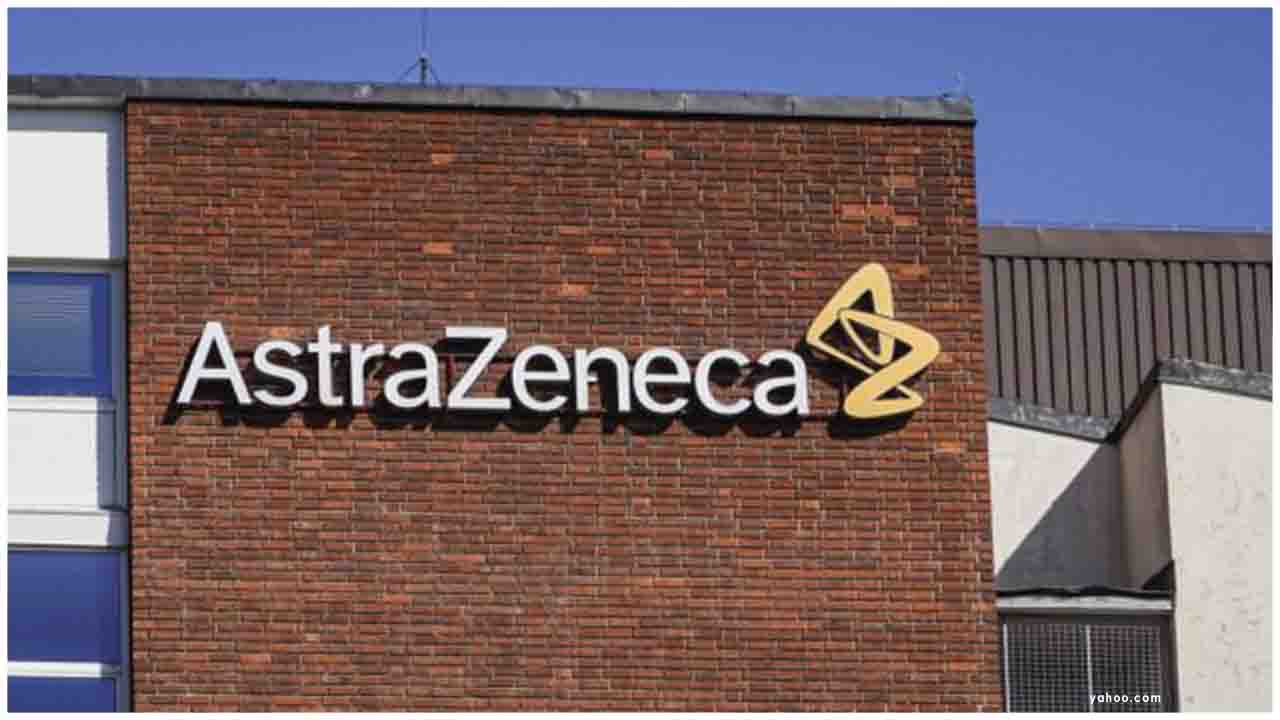
 AstraZeneca closer to COVID vaccine as 3rd phase trial starts
AstraZeneca closer to COVID vaccine as 3rd phase trial starts






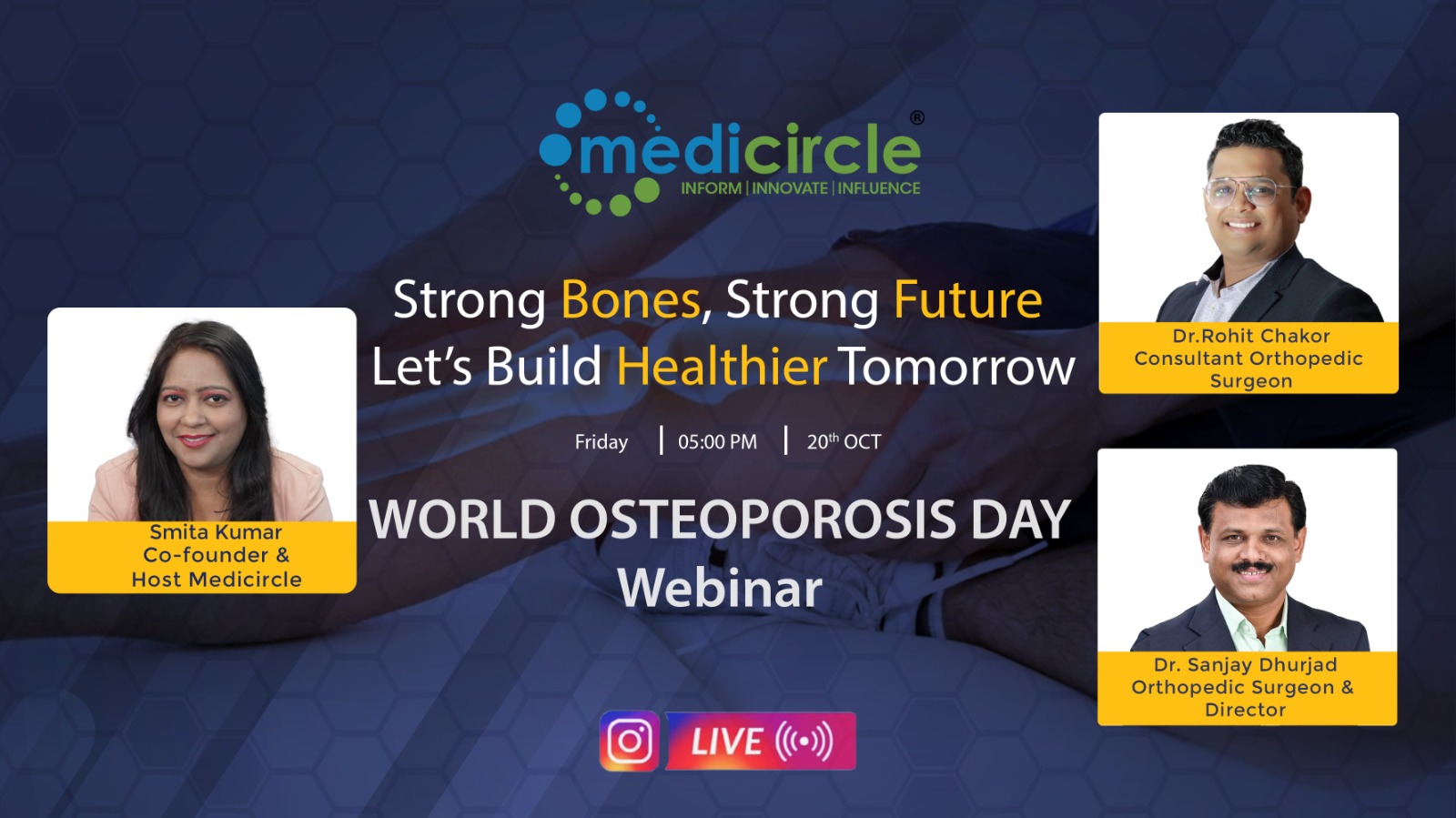



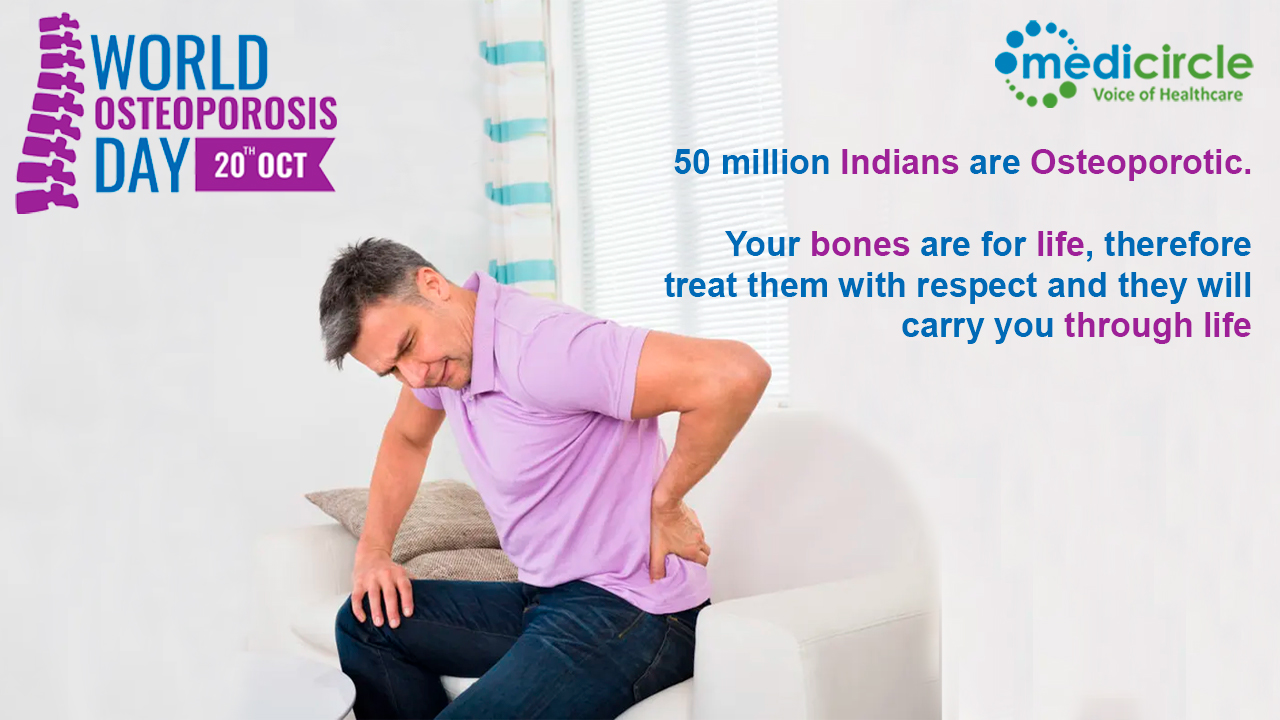

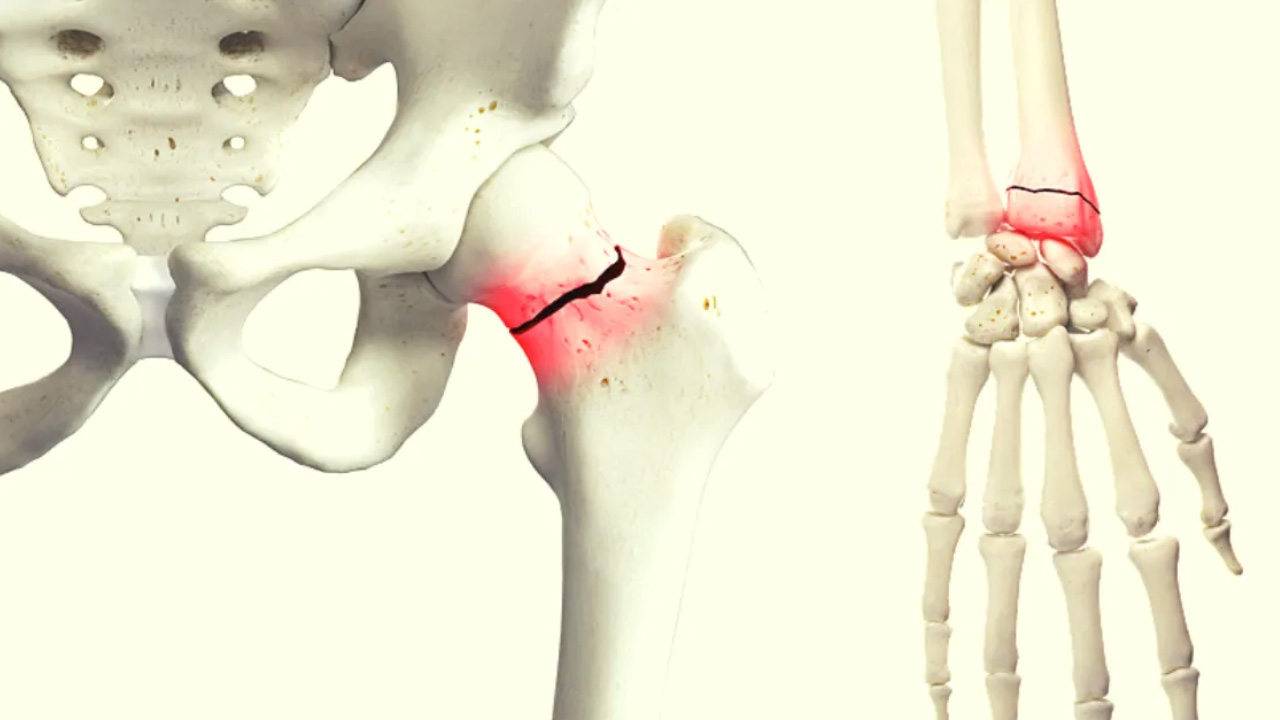
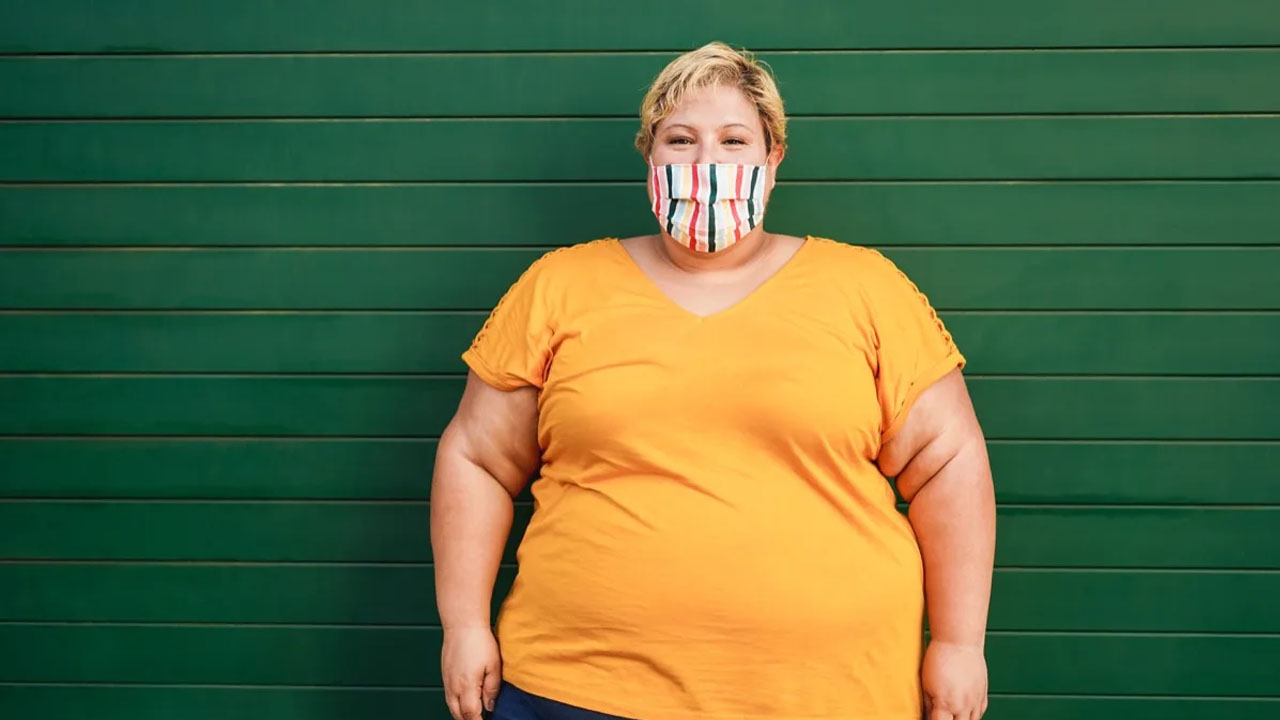






.jpeg)

.jpeg)










.jpg)




.jpg)

